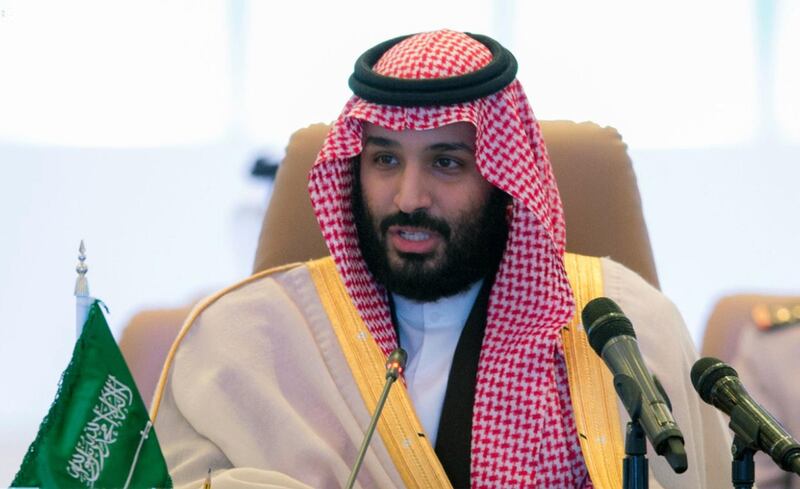Saudi Arabia plans to spend 120 billion Saudi riyals (Dh117.52bn) on subsidised home loans for borrowers, as it seeks to create conditions for an expanded private-sector role in a mortgage market dominated by the government.
The kingdom's new housing programme, announced on Monday, also includes an 18bn riyal loan-guarantee programme to boost access to funding, and 12.5bn riyals to support home down payments, all to be spent through 2030, said the housing minister Majed Al Hogail.
Authorities want to expand the mortgage market by more than 70 per cent to reach 502bn riyals by 2020, largely through increased private-sector participation, he said. Currently, the government provides 65 per cent of home loans.
"We want to change that completely," Mr Al Hogail said. "It's a very generous programme. It's enabling the private sector, reducing their risk to a certain level."
The new funding is part of a push to lift home ownership among Saudi citizens from 50 per cent to 60 per cent by 2020. Housing policy is an especially sensitive plank of Crown Prince Mohammed bin Salman's economic transformation plan, Vision 2030, as many Saudis say they are unable to afford homes or obtain financing.
Prince Mohammed is seeking to reduce the population’s reliance on state spending.
The government will monitor conditions and adjust policies “to ensure there is no bubble” in the housing market, Mr Al Hogail said. “As you know, when you launch a very strong programme like this, you expect the price could increase,” he said. “You could expect more defaults, because you are lending to people who don’t have steady income.”
_______________
Read more:
Population growth, government incentives to spur the Saudi residential market, says Knight Frank
Saudi Arabia approves 72bn riyals stimulus package
_______________
The kingdom wants to build 125,000 housing units in 2018, compared to 110,000 last year, Mr Al Hogail said. Most new units cost between 250,000 riyals to 750,000 riyals, he said.
Other key points Mr Al Hogail pointed out include:
The government is planning to add a total of 480,000 housing units by 2020 and 1.2 million by 2030.
Programme includes 39bn riyals for interest-free loans and other bonuses to aid developers.
The government has signed accords with American, Spanish and Chinese developers to build housing and is negotiating with South Korean and Arab companies, he said.
Authorities launched a new company for refinancing mortgages about three months ago, owned by the Public Investment Fund; it’s bought 2bn riyals of assets so far.
The first payments for Saudi Arabia’s “white land” tax - charged on undeveloped urban land - are due from Riyadh next month, followed by other cities later this year.
The government expects about 1bn to 2bn riyals of revenue in 2018 from the new tax and has seen about 30 per cent of owners sell or develop their “white land” to avoid paying.
Mortgages hit a “record level” last year and home ownership inched upwards as the central bank decreased home down-payment requirements.





